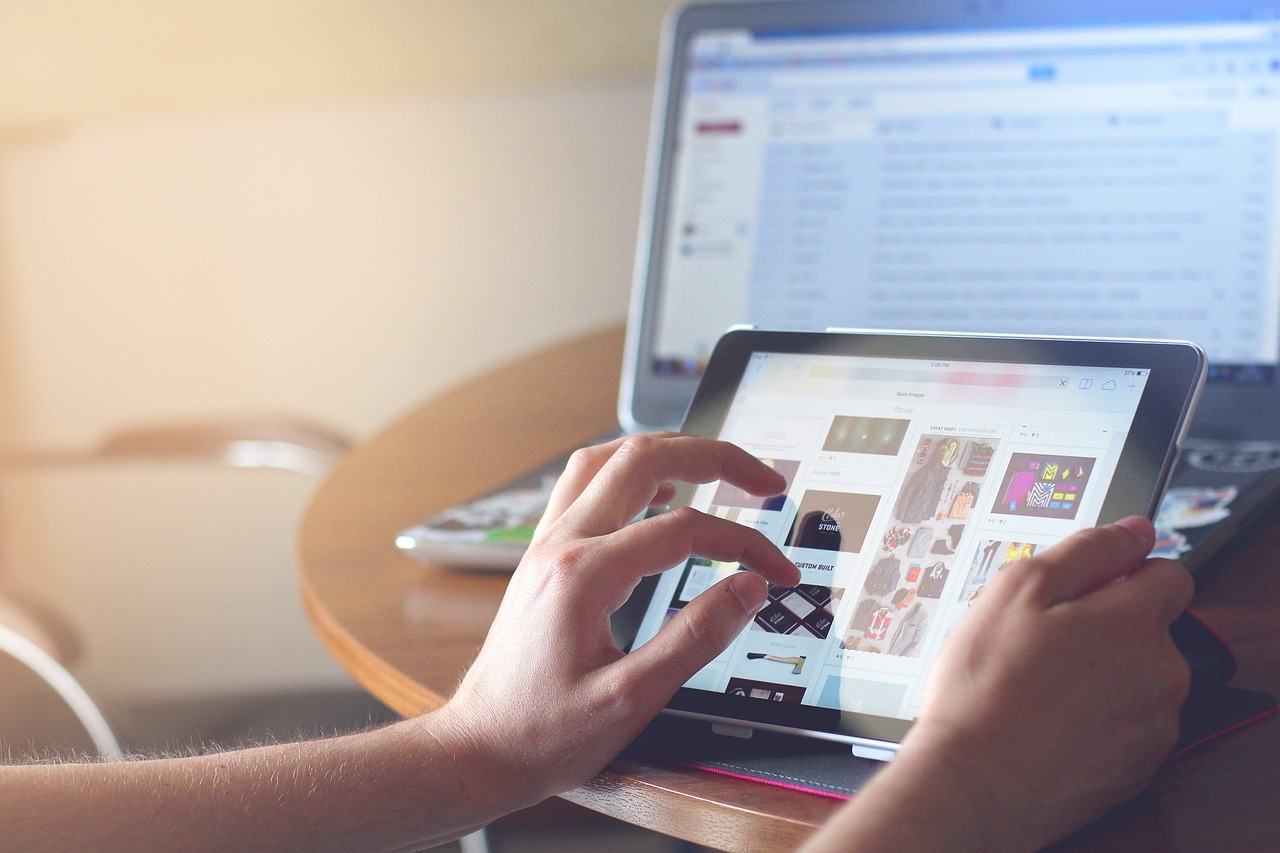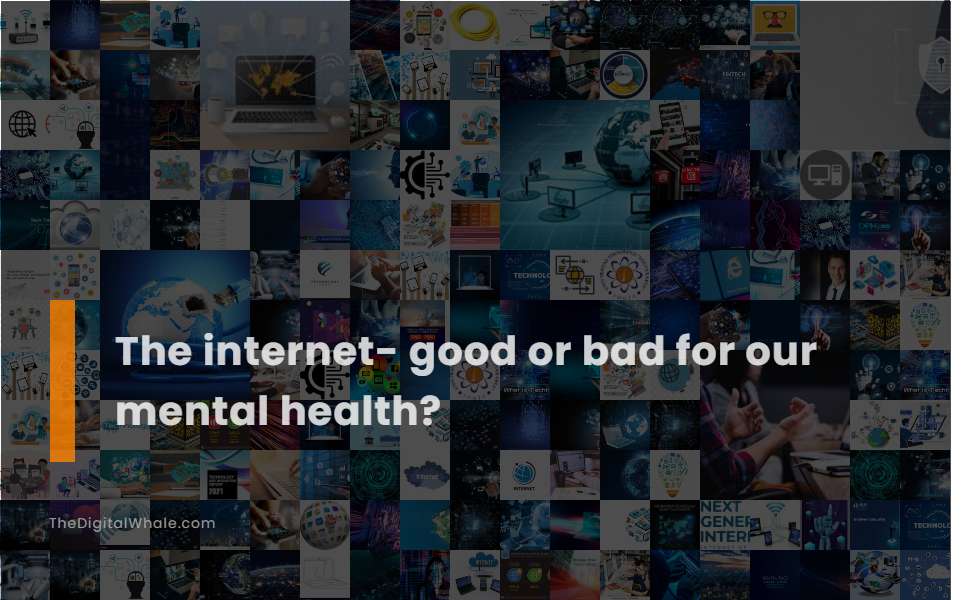The internet is more than a tool for communication; it has become a culture of its own. Online communities influence how people connect, learn, and cope with life’s challenges. For individuals navigating addiction recovery or mental health treatment, these digital spaces can be both supportive and overwhelming. Understanding how online culture shapes emotional well-being is essential for fostering sustainable recovery and maintaining mental health.
The Rise of Online Communities in Recovery
Online communities offer a unique space for connection and understanding. Recovery forums, virtual support groups, and social media networks allow individuals to share experiences, seek advice, and celebrate milestones. These digital spaces can help reduce isolation, provide motivation, and offer resources that may not be readily available in one’s immediate environment.
Opportunities for Connection
For those in early recovery, connecting with others who understand similar challenges can be life-changing. Online communities create a sense of belonging and can reinforce healthy behaviors. They offer encouragement, accountability, and shared wisdom from peers who have faced similar obstacles.
Potential Challenges
While digital spaces can support recovery, they also present risks. Constant comparison, exposure to triggering content, or reliance on online validation can exacerbate anxiety, depression, or cravings. Recognizing these potential pitfalls allows individuals to engage with online communities thoughtfully and mindfully.
How Internet Culture Impacts Mental Health
Social Comparison and Self-Esteem
Many online platforms emphasize curated content that highlights success, happiness, and achievement. For someone in recovery, comparing personal progress to these idealized portrayals can create feelings of inadequacy or self-doubt. Understanding that digital content often represents a selective reality is crucial for maintaining emotional balance.
Validation and Emotional Dependency
Seeking approval through likes, comments, or shares can lead to emotional dependency on external validation. In recovery, this pattern can mirror addictive behavior, making it harder to focus on personal growth and self-compassion. Awareness and self-reflection are key to breaking this cycle.
Cognitive Overload and Stress
The fast pace of online interactions, notifications, and constant updates can contribute to cognitive overload. This sensory and emotional input may increase stress and challenge coping strategies. Setting boundaries and limiting exposure are practical ways to mitigate these effects.
Practical Strategies for Healthy Digital Engagement
Curate Supportive Communities
Choose groups and platforms that encourage empathy, education, and accountability. Avoid spaces that promote negativity, conflict, or unrealistic comparisons. A carefully curated digital environment fosters growth rather than stress.
Set Intentional Boundaries
Establish limits on screen time, notifications, and online engagement. Taking regular digital breaks allows the mind to rest, supports emotional stability, and reinforces recovery-focused routines.
Balance Digital and Real-World Interaction
Online support complements but does not replace face-to-face connection. Therapy sessions, support groups, and time with family or friends provide depth and accountability that digital spaces cannot fully replicate.
Integrate Reflective Practices
Journaling, mindfulness exercises, prayer, or creative activities help process emotions triggered by online engagement. These practices enhance self-awareness, resilience, and emotional regulation.
Seek Professional Guidance
If online interactions create stress, cravings, or emotional instability, professional support is essential. At Killacodes, our holistic, faith-based programs integrate mental health treatment, addiction recovery, and personalized care strategies to help clients navigate both digital and real-world challenges.
Moving Forward Mindfully
Online communities are powerful tools that shape how people experience connection, support, and personal growth. By engaging thoughtfully, setting boundaries, and prioritizing supportive relationships, individuals in recovery can use digital spaces to reinforce healing rather than undermine it.
At Killacodes, we are committed to helping clients navigate the complexities of modern digital culture while promoting holistic recovery. If you or a loved one are seeking guidance on addiction, mental health, or creating balanced online habits, reach out today. Mindful engagement with digital communities can strengthen recovery and promote lasting emotional wellness.






